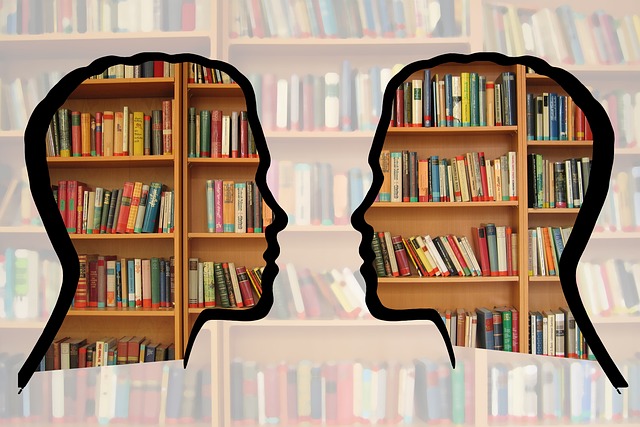The Evolution of News Consumption: A Comprehensive Guide
In a world where information is at our fingertips, the way we consume news has transformed dramatically. From the days of handwritten manuscripts to the instant notifications on our smartphones, news consumption has evolved to reflect the changing landscape of society, technology, and culture. This comprehensive guide will take you through the journey of news consumption, exploring its past, its present, and the challenges and opportunities that lie ahead.
The Early Days: Print Media
The journey of news consumption began with print media. In the early 17th century, newspapers emerged as the primary source of information for the public. With the invention of the printing press, news could finally reach a wider audience. People gathered around coffee houses and town squares, eager to discuss the latest headlines. This face-to-face interaction fostered a sense of community, as individuals engaged in lively conversations about current events.
The Rise of Broadcast Media
Fast forward to the 20th century, the advent of radio and television revolutionized the way news was consumed. Suddenly, news was no longer confined to the printed page. Individuals could listen to breaking news moments after it happened or watch live coverage of significant events. This shift not only made news more accessible but also changed the way people perceived it. The immediacy of broadcast news generated a sense of urgency, allowing audiences to witness history in real-time.
Digital Transformation
As we entered the digital age, the landscape of news consumption shifted once again. The internet opened a floodgate of information, and news websites, blogs, and social media platforms emerged. The ease of access meant that anyone could be a news producer or consumer. Social media, in particular, became a powerful tool for sharing information, albeit with its own set of challenges, such as misinformation and echo chambers. Today, users are bombarded with news from various sources, making it imperative for them to critically assess the information they encounter.
Personalization and Algorithms
With the rise of technology came the ability to personalize news feeds. Algorithms now curate content based on individual preferences, allowing users to receive news that resonates with their specific interests. While this can enhance the news consumption experience, it also raises concerns about filter bubbles, where individuals are only exposed to viewpoints that align with their own. This phenomenon can limit critical thinking and diminish healthy discourse on pressing societal issues.
The Role of Mobile Devices
Mobile devices have further transformed news consumption. With smartphones in hand, breaking news notifications arrive instantly, allowing us to stay informed throughout our day-to-day activities. The convenience of reading articles on-the-go has led to an increase in bite-sized content. However, this fast-paced consumption often complicates deep understanding, as readers skim headlines and summaries without delving into the substance of the news.
The Importance of Media Literacy
In our current state of abundant information, media literacy has become an essential skill. Understanding the source, context, and potential biases of news articles is crucial for making informed decisions. As consumers of news, we must take responsibility for the information we share and how we engage with it. Recognizing different perspectives and seeking out diverse voices not only enriches our understanding but also promotes a more informed society.
The Future of News Consumption
As we look ahead, the evolution of news consumption will likely continue to adapt to technological advancements and changing societal needs. The rise of artificial intelligence, virtual reality, and augmented reality may usher in new ways for us to engage with news content. Additionally, as print media continues to dwindle, there may be a resurgence in demand for long-form journalism and investigative reporting that provides depth and context.
Understanding the complex evolution of news consumption allows us to appreciate the journey we have traveled and the path that lies ahead. The way we engage with news shapes our worldview and influences our communities, reminding us of the enduring significance of being informed citizens.




